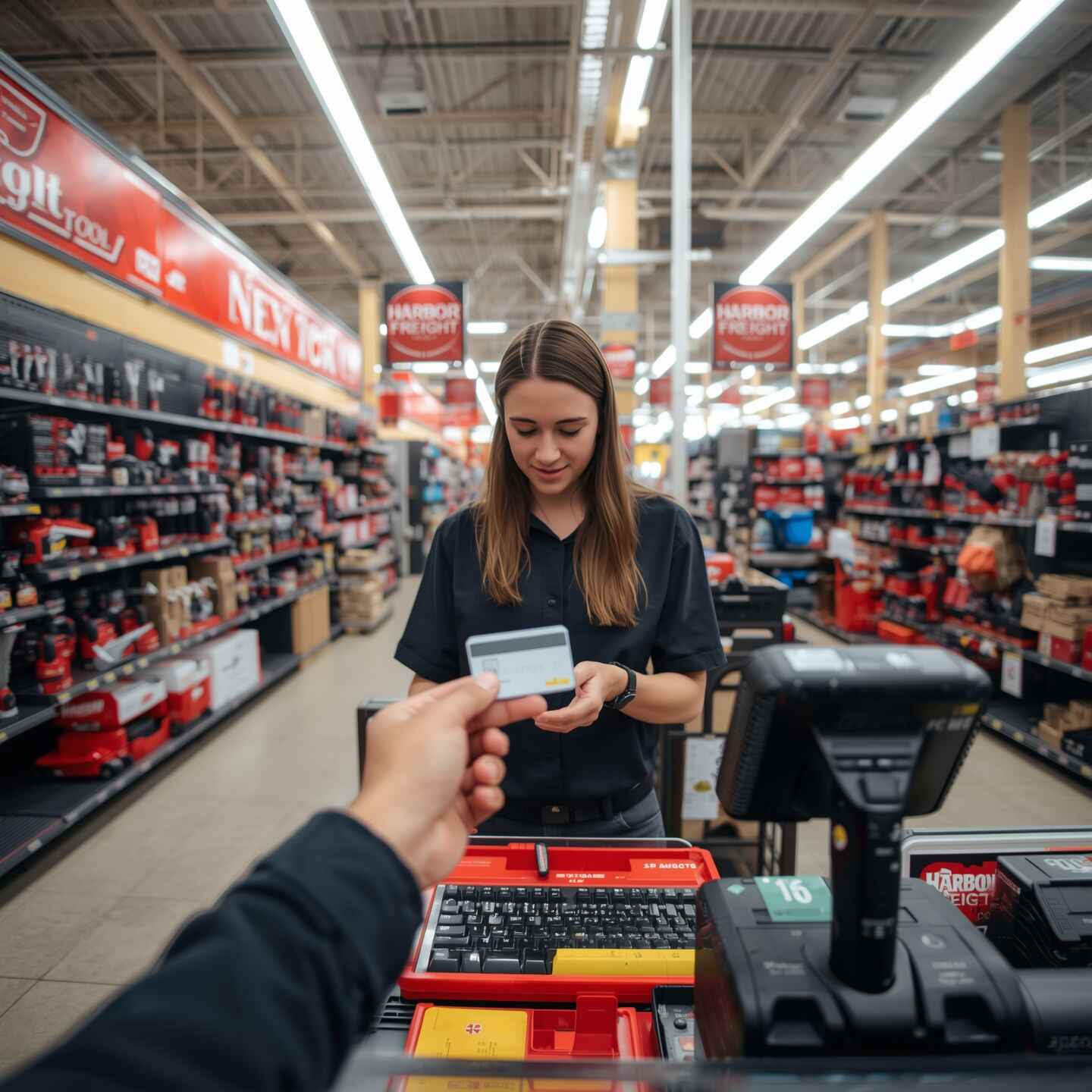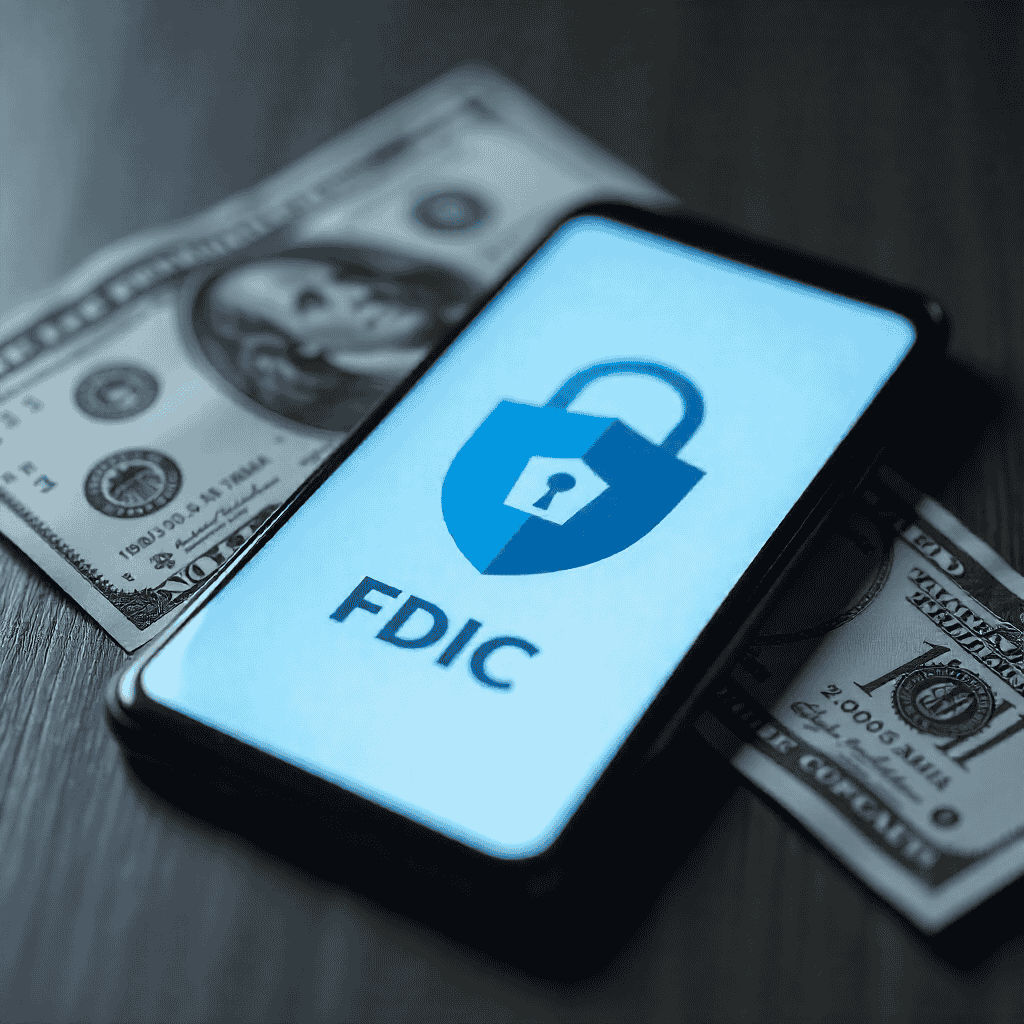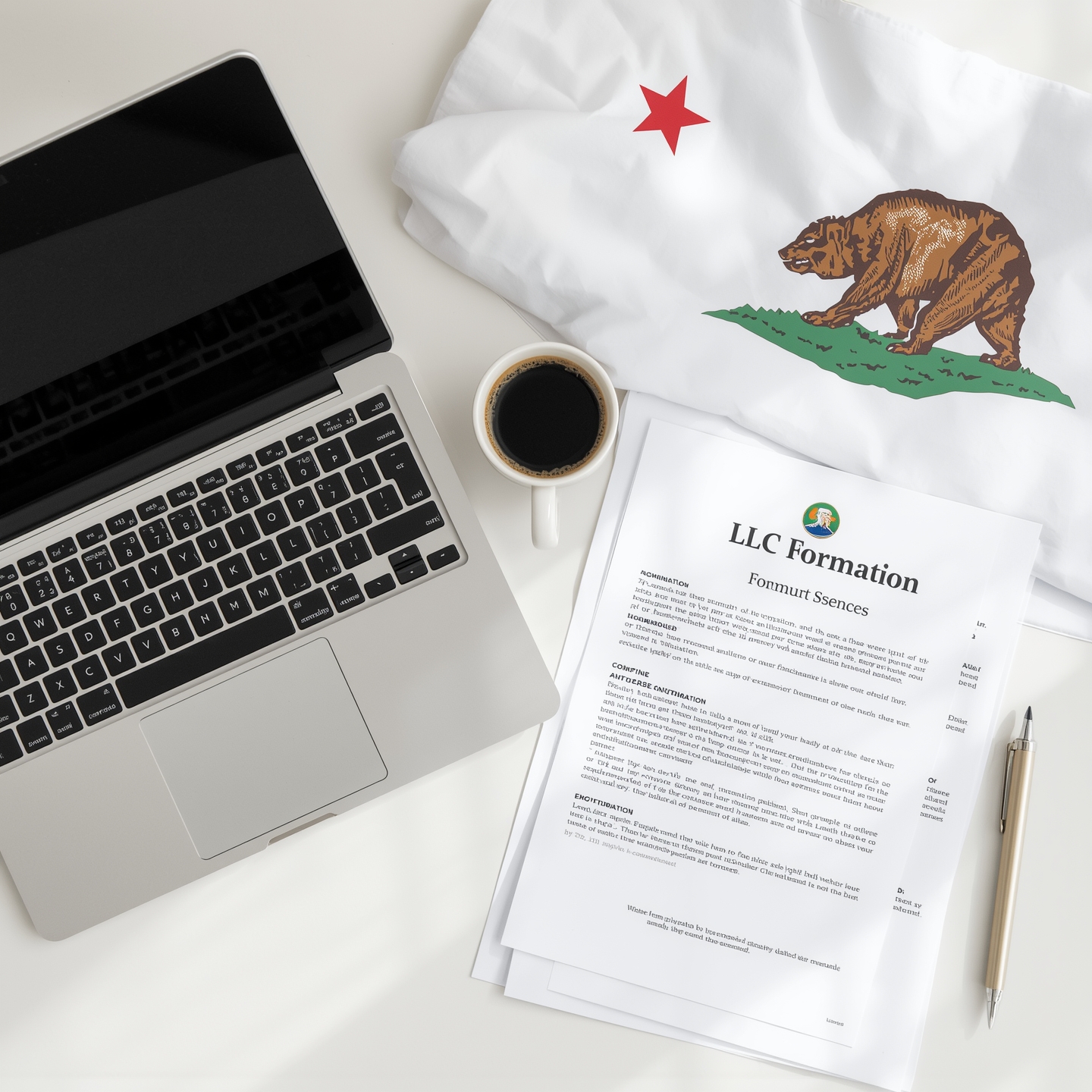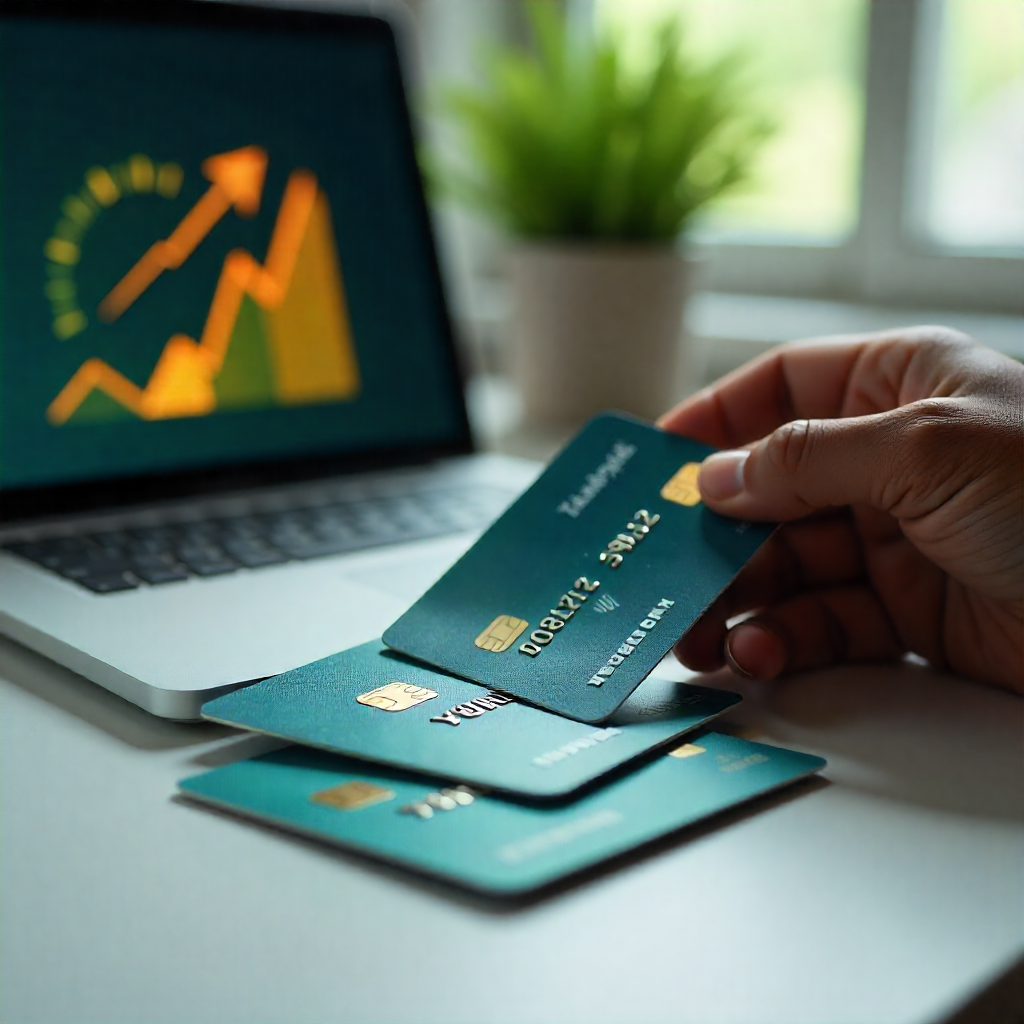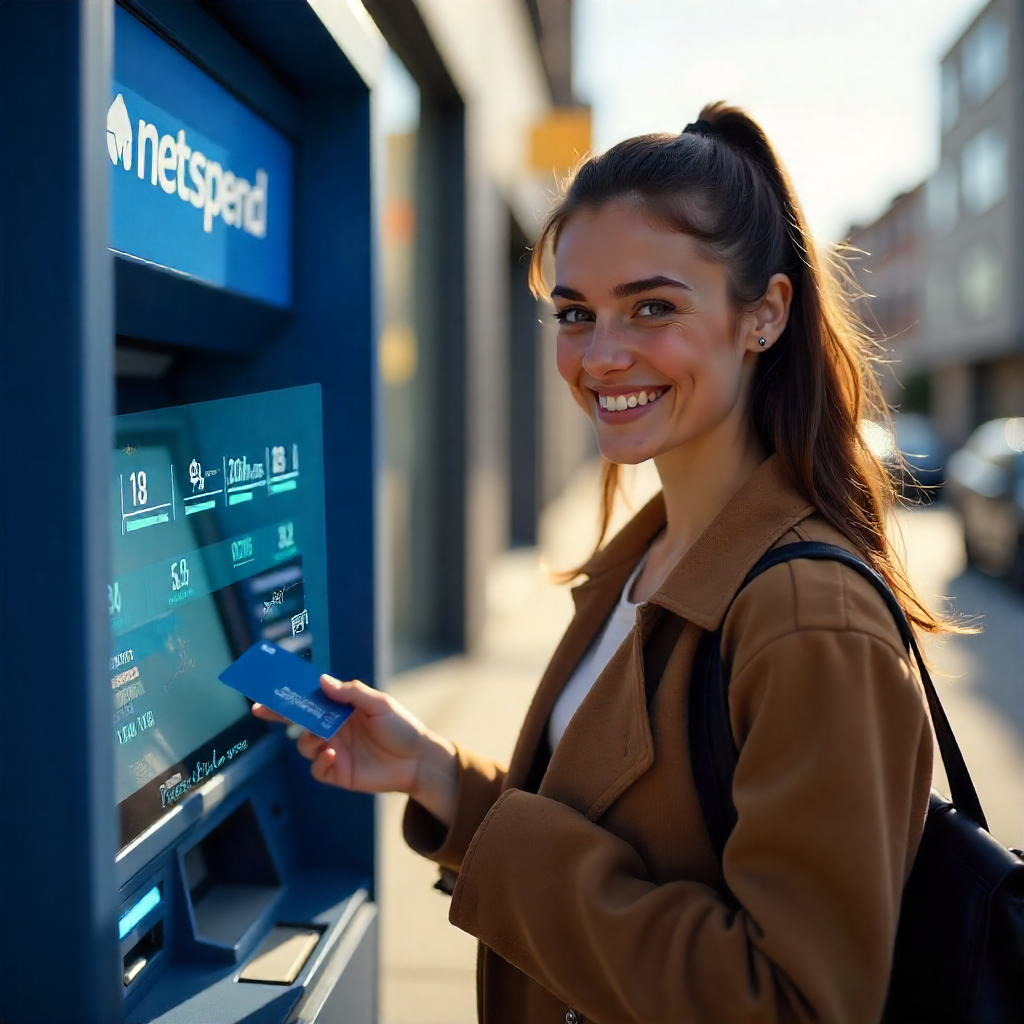
Life throws curveballs. Past banking missteps – overdrafts, unpaid fees, or account closures – can haunt you, making it nearly impossible to open a standard checking account. When you search for “second chance checking accounts near me,” it’s a sign you’re ready to rebuild. This comprehensive guide demystifies second chance banking, empowering you to find local options and reclaim your financial footing.
1. Beyond Rejection: What Are Second Chance Checking Accounts?
A second chance checking account is a specialized banking product designed for individuals denied a traditional account due to negative marks in systems like ChexSystems or Early Warning Services (EWS). These consumer reporting agencies track your banking history, similar to how credit bureaus track loans.
- How They Work: These accounts function similarly to regular checking: deposits, withdrawals, debit cards, and often online bill pay. The key difference? They typically have specific conditions:
- Higher Fees: Monthly maintenance fees are common, sometimes higher than standard accounts.
- Stricter Requirements: Mandatory direct deposit, minimum balance rules, or limits on transactions.
- Graduation Path: Many programs offer a path to convert to a standard account after a period (often 6-12 months) of responsible use.
- Who Needs Them? If you’ve been denied a checking account recently, received notice referencing ChexSystems/EWS, or have a history of overdrafts leading to account closure, a second chance account could be your solution.
2. Why “Near Me” Matters: The Case for Local Banking
While online options exist (more on those later), searching locally (“second chance checking accounts near me”) offers unique advantages:
- Personalized Service: Face-to-face interactions allow you to explain your situation, ask detailed questions, and build rapport with a banker who understands local nuances.
- Cash Deposits/Withdrawals: Need to deposit cash from tips, gig work, or family? Local branches or ATMs are essential. Online banks often struggle with cash handling.
- Community Focus: Local banks and credit unions often have deeper roots and may offer more flexible underwriting or community programs.
- Immediate Issue Resolution: Problems with a debit card or deposit? Walking into a branch often resolves issues faster than a call center.
3. The Gatekeepers: Understanding ChexSystems & EWS
Your banking history matters. When you apply for an account, most institutions check:
- ChexSystems: The primary system tracking checking and savings account activity. Reports include involuntary account closures, overdrafts flagged as abuse, unpaid negative balances, and suspected fraud. Reports stay for 5 years.
- Early Warning Services (EWS): Owned by major banks, EWS also tracks deposit account histories and helps prevent fraud. It may contain information similar to ChexSystems.
Know Your Rights! Under the Fair Credit Reporting Act (FCRA):
- You are entitled to one free ChexSystems report annually. Request it at www.consumerdebit.com.
- You can get your free EWS report at www.earlywarning.com/consumer-information.html.
- Dispute Errors: Both agencies must investigate disputes. If information is inaccurate or outdated, demand its removal. The Consumer Financial Protection Bureau (CFPB) provides dispute guidance: www.consumerfinance.gov/ask-cfpb/how-do-i-dispute-an-error-on-my-chexsystems-report-en-1687/.
4. Your Local Search Strategy: Finding “Second Chance Checking Accounts Near Me”
Finding the right local option requires proactive effort:
- Start with Community Banks & Credit Unions: These institutions are often more flexible and community-minded than large national banks. Search online:
“Second chance checking [Your City/County Name]”
“[Bank/Credit Union Name] second chance account”
“Opportunity checking [Your City/County Name]”
“Fresh start checking [Your City/County Name]”
- Leverage Bank Websites & Branches:
Visit websites of local banks/CUs. Look under “Checking Accounts” or “Personal Banking” for terms like “Second Chance,” “Opportunity,” “Fresh Start,” or “Foundation.”
Call or Visit: Don’t rely solely on websites. Call customer service or walk into a branch and ask directly: “Do you offer checking accounts for people with past banking problems or who are in ChexSystems?”
- Check Key Features: When evaluating a local account, scrutinize:
Monthly Fee: Aim for under $10-$15 if possible. Is it waivable (e.g., with direct deposit)?
Graduation Policy: How long until you qualify for a standard account? What are the requirements?
Debit Card: Is one included? Are there fees for using it?
Online/Mobile Banking: Essential for modern money management.
ATM Access: Are there free ATMs nearby? What are the fees for out-of-network use?
Minimum Opening Deposit: Usually lower than standard accounts ($25-$100 is common).
5. Spotlight on Local & National Providers (Examples – Always Verify Locally!)
- Local/Regional Banks: Many regional banks offer second chance programs. Examples include Woodforest National Bank (known for its “Second Chance Checking,” often found in Walmart stores nationwide – check local branch availability), TD Bank (“Convenience Checking” may be an option for some with past issues), and Fifth Third Bank (“Express Banking”). Always confirm program details at your specific branch.
- Credit Unions: A prime local resource. Many offer “Fresh Start” or “Opportunity” accounts. Use the National Credit Union Administration (NCUA) Finder: www.ncua.gov/analysis/credit-union-corporate-call-report-data/find-credit-union to locate CUs near you, then inquire directly about second chance options. Examples include Alliant Credit Union (offers “Opportunity Checking” – online but accessible) and many state/local CUs.
- Major Banks with Potential Options (Varies by Location/History):
Wells Fargo: “Opportunity Checking®” – A clear second chance path. Check branch availability and requirements.
U.S. Bank: “Safe Debit Account” – Primarily a prepaid-like account, but reports positively to ChexSystems/EWS, aiding rebuilding.
Bank of America: “SafeBalance Banking®” – Not explicitly marketed as “second chance,” but may be more accessible to some with past issues than their core checking. Crucially, requirements vary significantly by individual history and location. ALWAYS inquire directly.
6. Beyond “Near Me”: The Rise of Online Second Chance Banking
Don’t limit yourself only to physical branches. Reputable online banks and neobanks offer excellent second chance accounts, expanding your options significantly:
- Chime®: Offers the Chime Checking Account (technically provided by partner banks). Known for being very accessible, often without a ChexSystems check. Features fee-free overdraft up to $200 (Chime SpotMe®), early direct deposit, and a large fee-free ATM network. chime.com
- Varo Bank: Offers standard checking accounts and often approves applicants with less-than-perfect banking histories. Focuses on low fees and helpful features. varomoney.com
- Current: A neobank providing checking accounts through partner banks. Generally accessible and offers features like early payday. current.com
- Dave Banking: Built around avoiding overdrafts. Offers a spending account (checking) with no minimum balance and no overdraft fees. dave.com
- Second Chance Specific (Online):
Radius Bank (now part of LendingClub): Previously offered a well-regarded “Second Chance Checking” – check current LendingClub offerings for similar options.
Acorns Spend (via Lincoln Savings Bank): While investment-focused, the Spend checking account component is often accessible.
Pros of Online: Often lower fees, innovative features (early direct deposit, budgeting tools), broader accessibility.
Cons of Online: No cash deposit options (usually), reliance on mail/customer service, not ideal for frequent cash users.
7. Applying for Your Second Chance Account: What to Expect
- Gather Documents: Government-issued photo ID (Driver’s License, State ID, Passport), Social Security Number (SSN or ITIN), proof of address (utility bill, lease).
- Understand the Costs: Be prepared for the minimum opening deposit and the first monthly fee. Ask about all potential fees (ATM, teller withdrawals, inactivity).
- Application: Can often be started online but may require branch visit for funding/verification. Be honest about your history if asked.
- Review Agreement Carefully: Pay special attention to fees, graduation terms, and account closure policies.
- Fund the Account: Deposit the required minimum opening amount.
8. Your Path Back: Rebuilding with a Second Chance Account
This account is your financial reset button. Use it strategically:
- Automate & Budget: Set up direct deposit for your paycheck. Use free budgeting apps (Mint, YNAB) or simple spreadsheets to track income and expenses.
- Avoid Overdrafts AT ALL COSTS: This is paramount. Sign up for low balance alerts. Never spend more than you know is available. Opt-out of overdraft “protection” if possible – it’s usually just expensive coverage.
- Pay Fees On Time: Treat the monthly fee like a critical bill. Late payments can lead to closure, worsening your record.
- Aim for Graduation: Understand the exact requirements to convert to a standard account (e.g., 12 months of no overdrafts, consistent direct deposit). Meet them diligently.
- Monitor Your Reports: Periodically check your ChexSystems and EWS reports to ensure your positive account history is being reported and errors are corrected.
9. Government Resources & Protecting Yourself
Consumer Financial Protection Bureau (CFPB): Your primary advocate. File complaints about banks, get financial education, understand your rights.
- Banking Basics: www.consumerfinance.gov/consumer-tools/banking/
- Submit a Complaint: www.consumerfinance.gov/complaint/
Federal Deposit Insurance Corporation (FDIC): Ensures your deposits (up to $250,000) are safe if the bank fails. Use the BankFind Suite to verify a bank is FDIC-insured: banks.data.fdic.gov/explore
National Credit Union Administration (NCUA): Provides similar insurance for credit unions. Use the Research a Credit Union tool: www.ncua.gov/analysis/credit-union-corporate-call-report-data/find-credit-union
Federal Trade Commission (FTC) – Consumer Advice: Protecting against scams and unfair practices: www.consumer.ftc.gov/
10. Steer Clear of Predatory Alternatives
Desperation can lead to costly traps. Avoid:
- High-Cost Check Cashing Stores: Exorbitant fees drain your income.
- Payday Loans: Cycle of debt with astronomical APRs (often 400%+).
- Prepaid Cards with Hidden Fees: Some are good (like Chime/Varo), but many have excessive monthly fees, reload fees, and transaction fees. Scrutinize the fee schedule!
- Rent-a-Bank Schemes: Predatory lenders using bank charters to bypass state interest rate caps.
Conclusion: Your Financial Fresh Start is Within Reach
Searching for “second chance checking accounts near me” is the crucial first step toward financial inclusion. Whether you find a welcoming local credit union, a branch of a national bank with a clear program, or a reputable online neobank, these accounts provide the essential tools – a debit card, direct deposit, bill pay – to manage your money effectively.
Embrace this opportunity. Use your account responsibly, avoid overdrafts religiously, and focus on that graduation path. Rebuilding your banking reputation takes discipline, but it opens doors to lower fees, better services, and greater financial stability. Your past doesn’t define your financial future. Take control, leverage the resources available, and step confidently onto the path of financial recovery. Your second chance starts now.
READ MORE:
- High-Interest Savings Account with No Fees: Smart Move for Your Money
- Step-by-Step Guide: How to Build Credit with a Secured Credit Card in the USA
- Stay Safe Online:Essential Internet Safety Tips Every American Should Know
- Top Internet Safety Tips You Should Know.





